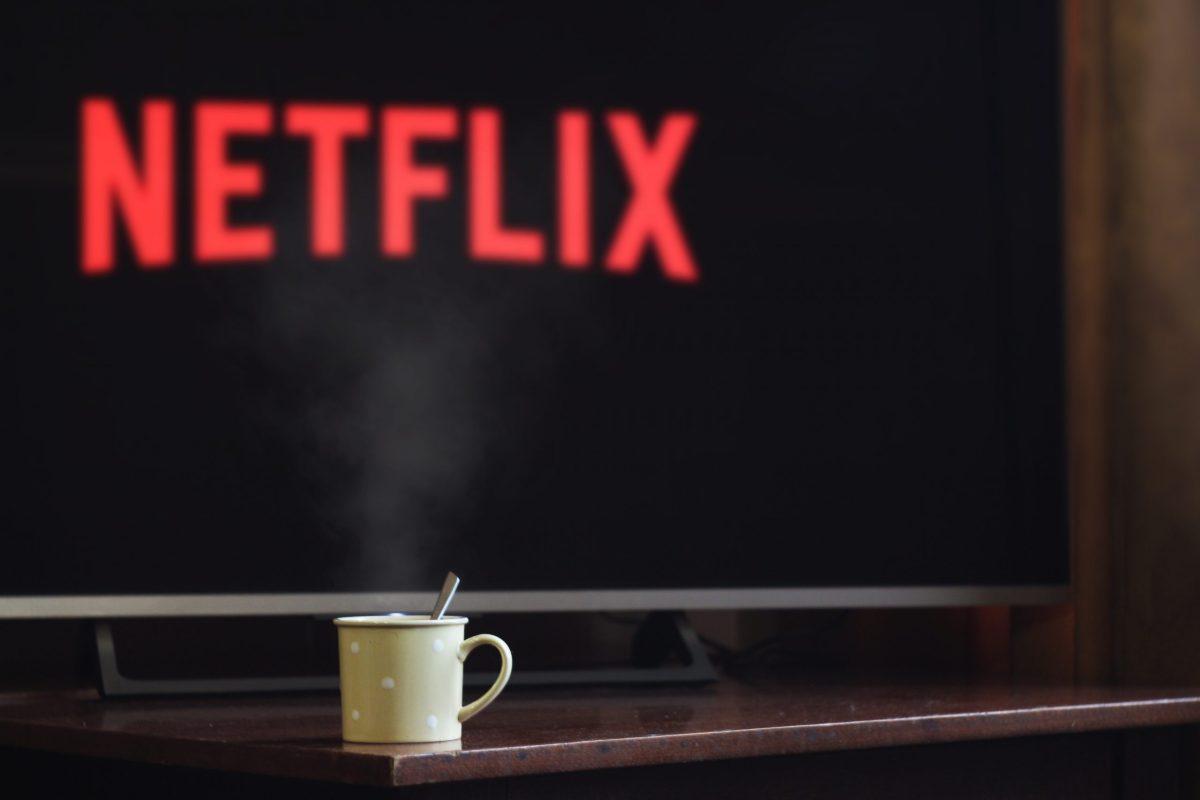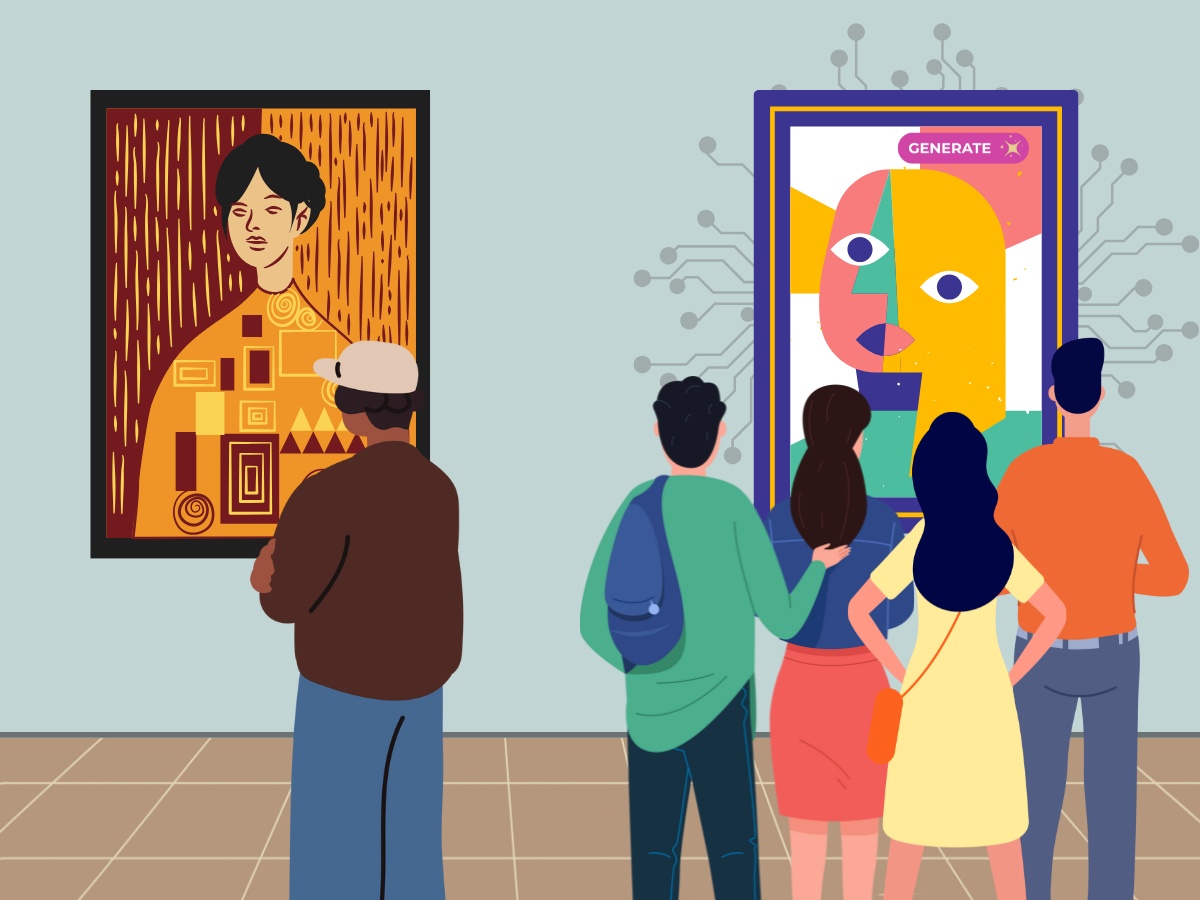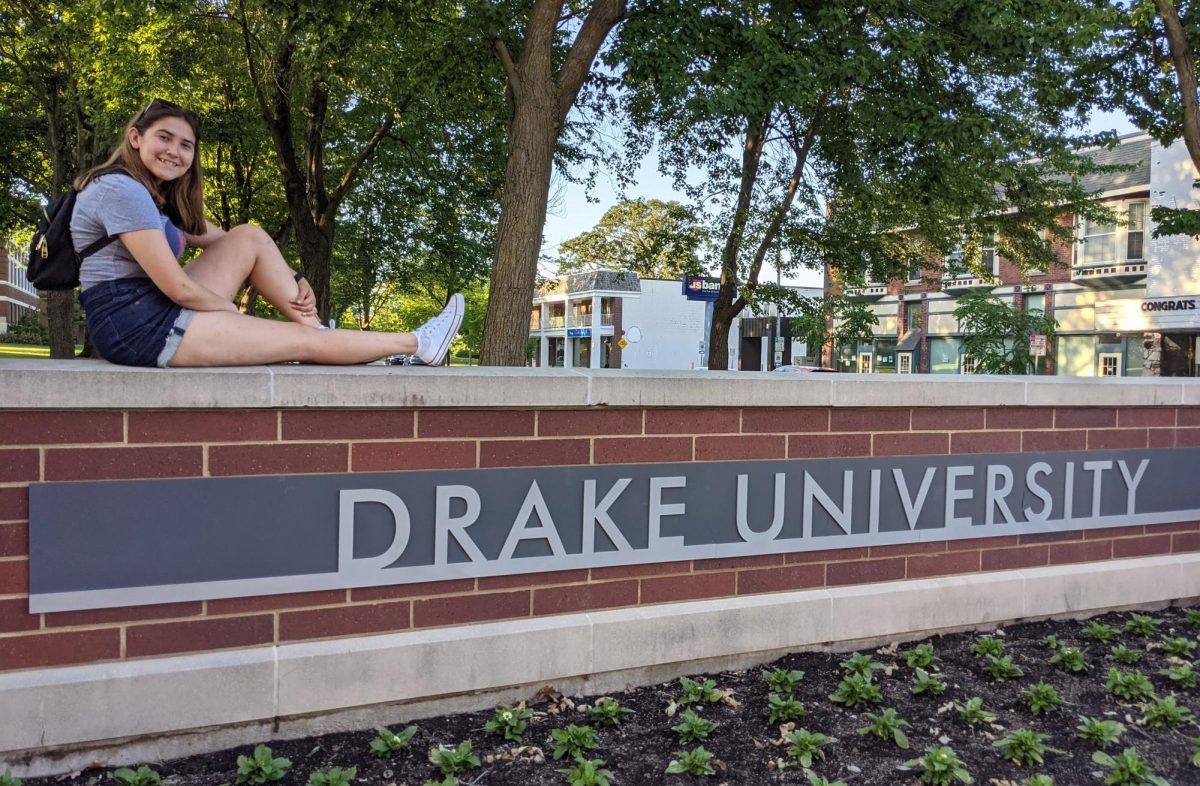When I first heard the news about comedian Dave Chappelle’s new stand-up special, I was, sadly, unsurprised.
“The Closer,” which is now streaming on Netflix, is the latest in a series of specials resulting from a $60 million deal between Chappelle and the streaming platform. Most of the special is run-of-the-mill humor from Chappelle, who has been lauded as one of the best comedians of all time. However, being funny isn’t what landed him in the news — being transphobic did.
In “The Closer,” Chappelle complains that transgender people accuse him of “punching down,” suggests that only white people identify as queer and misgenders a former friend who died by suicide. Additionally, Chappelle vocalized support for notoriously transphobic author J.K. Rowling and declared himself “Team Terf,” aligning himself with the views of trans-exclusionary radical feminists.
This is not the first time Chappelle has been criticized for his transphobic views. Previous specials, such as “Equanimity,” “Deep in the Heart of Texas” and “Sticks & Stones” have all featured bite-sized bits of transphobia. In “The Closer,” however, Chappelle seems to double down. The anti-trans rhetoric has caused widespread outrage on social media as well as internal conflict at Netflix.
Now, it’s easy to be mad at Chappelle. I, for one, am definitely mad at Chappelle. For someone who has been called the greatest comedian of all time, making transphobic jokes feels cheap and tired. However, the bigger villain of this story is Netflix.
Netflix has long been hailed as a leader in LGBTQ representation. Many Netflix originals feature LGBTQ characters, and the company even has a dedicated hub for LGBTQ content. However, as we see Netflix continue to give Chappelle a platform, even the most casual observer can see they aren’t walking the walk. It’s one thing to celebrate Pride with rainbow advertising; it’s another to actually take time to listen to LGBTQ employees who are speaking out against the platform.
My disappointment with Netflix intensified when Variety reported that Netflix CEO Ted Sarandos sent a memo to employees on Friday, Oct. 15, speaking out against the backlash.
“Several of you have also asked where we draw the line on hate,” Sarandos wrote. “We don’t allow titles on Netflix that are designed to incite hate or violence, and we don’t believe The Closer crosses that line.”
Luckily, this ignorance did not go ignored. In a heated response, LGBTQ media organization GLAAD released their statement on the matter
“Authentic media stories about LGBTQ lives have been cited as directly responsible for increasing public support for issues like marriage equality,” the group said in a statement. “Film and TV have also been filled with stereotypes and misinformation about us for decades, leading to real world harm, especially for trans people and LGBTQ people of color.”
In response to the backlash, Sarandos has since said in the Wall Street Journal that his original memo was an oversimplification. Despite this backtracking, it is clear how Netflix sees this controversy: just another example of cancel culture.
However, it should be noted that most activists are not calling for the special to be taken down. Rather, they are asking for accountability. On Wednesday, Oct. 20, Netflix employees walked out of their offices to protest the platforming of Chappelle’s hateful rhetoric. In conjunction with the walk-out, these employees have released a list of demands in order to achieve more positive and meaningful representation for trans and non-binary people at Netflix.
Asking for accountability is not equivalent to cancel culture. No one is wishing harm on Chappelle. Rather, we are asking Netflix, a multimillion dollar corporation, to put their money where their mouth is. If they want to pride themselves on being leaders in LGBTQ representation, they must put in the time and effort to make trans viewers employees feel safe, respected and heard. By giving the Chappelle special a platform, they are doing the exact opposite.
Words have consequences. Spewing hatred on a platform used by millions has consequences. According to the Human Rights Campaign, 2021 has already seen at least 41 transgender or gender non-conforming people fatally shot or killed by other violent means. Misinformation and hateful rhetoric about trans people only contributes to these statistics.
It is Netflix’s responsibility to reconsider their relationship with Chappelle and to make serious changes to include trans voices. Otherwise, blood will be on their hands.







